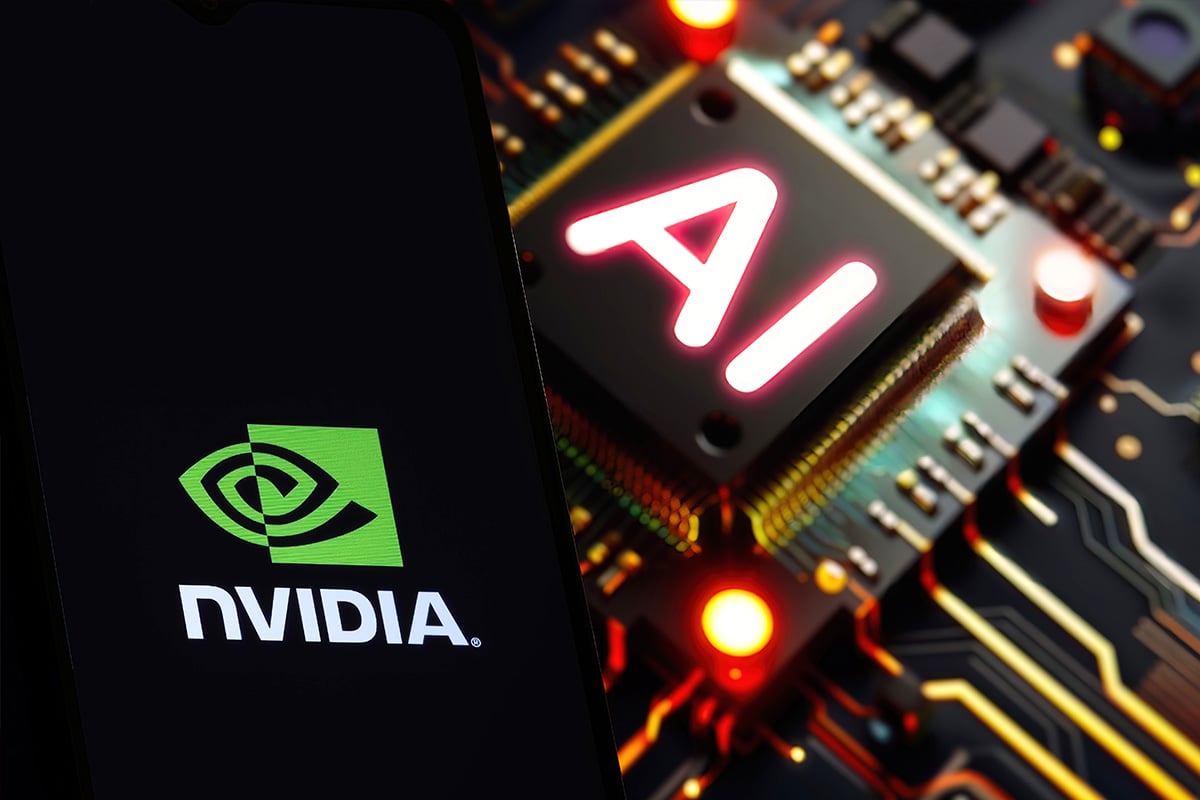TLDR
- NVIDIA Triton AI Tool Hit by Severe Flaws, Patch Now to Avoid Takeover
- Critical Bugs in Triton Inference Server Risk Full AI Stack Compromise
- Wiz Uncovers Major Triton Flaws—Update Now to Block Remote Attacks
- Triton Inference Server Vulnerabilities Threaten Enterprise AI Security
- Exploit Chain in NVIDIA Triton Could Let Hackers Steal or Corrupt Models
NVIDIA’s AI deployment tool, Triton Inference Server, now faces critical security flaws that could lead to full server compromise. Cybersecurity firm Wiz disclosed a chain of vulnerabilities allowing remote attackers to seize control of AI infrastructure. NVIDIA issued a patch addressing the vulnerabilities, urging immediate upgrades to secure deployments.
Attack Originates from Python Backend Flaw
The vulnerability chain begins in Triton’s Python backend, which manages AI models built in Python and other frameworks. A malformed request causes an error that unintentionally reveals the server’s internal shared memory name. Attackers use this leaked information to target a critical backend component.
This shared memory becomes a point of attack through exposed identifiers. Without proper validation, the system mistakenly treats internal memory as user input. This flaw gives external users direct access to private server memory via legitimate API calls.
This improper handling provides powerful read and write capabilities within the backend. Attackers can then manipulate control structures, enabling potential system control. Since the attack leverages existing features, detection becomes significantly more difficult.
Exploit Chain Leads to Full Server Takeover
After gaining memory access, attackers exploit IPC vulnerabilities in Triton to run malicious commands. The shared memory holds structures like message queues and memory maps, which attackers can corrupt. By modifying these elements, they cause unintended backend behavior.
Attackers can then execute remote code on the server without authentication. This results in full control, including the ability to read or overwrite data. The server becomes a launching point for further network intrusions and unauthorized access.
The exploit also enables AI response manipulation, which affects system integrity. Model theft becomes possible as internal model data is exposed and transferable. These vulnerabilities threaten both the confidentiality and reliability of enterprise AI workloads.
Patch Available, Urgent Updates Recommended
NVIDIA responded by releasing version 25.07 of the Triton Inference Server, which eliminates the entire exploit chain. The company assigned identifiers CVE-2025-23319, CVE-2025-23320, and CVE-2025-23334 to the patched flaws. Clients using Triton must upgrade immediately to mitigate the risk.
Wiz confirmed no current exploitation in the wild, but the potential for attacks remains high. Triton powers deployments at leading enterprises, including Amazon, Oracle, and Microsoft, which increases urgency. Organizations must secure their AI stack to prevent misuse of deployed models.
Wiz clients can detect vulnerable environments using their built-in scanning and remediation tools. Tools like Wiz Sensor and Wiz Code provide validation and automatic pull requests. This ensures exposed systems can be fixed before threat actors exploit them.






